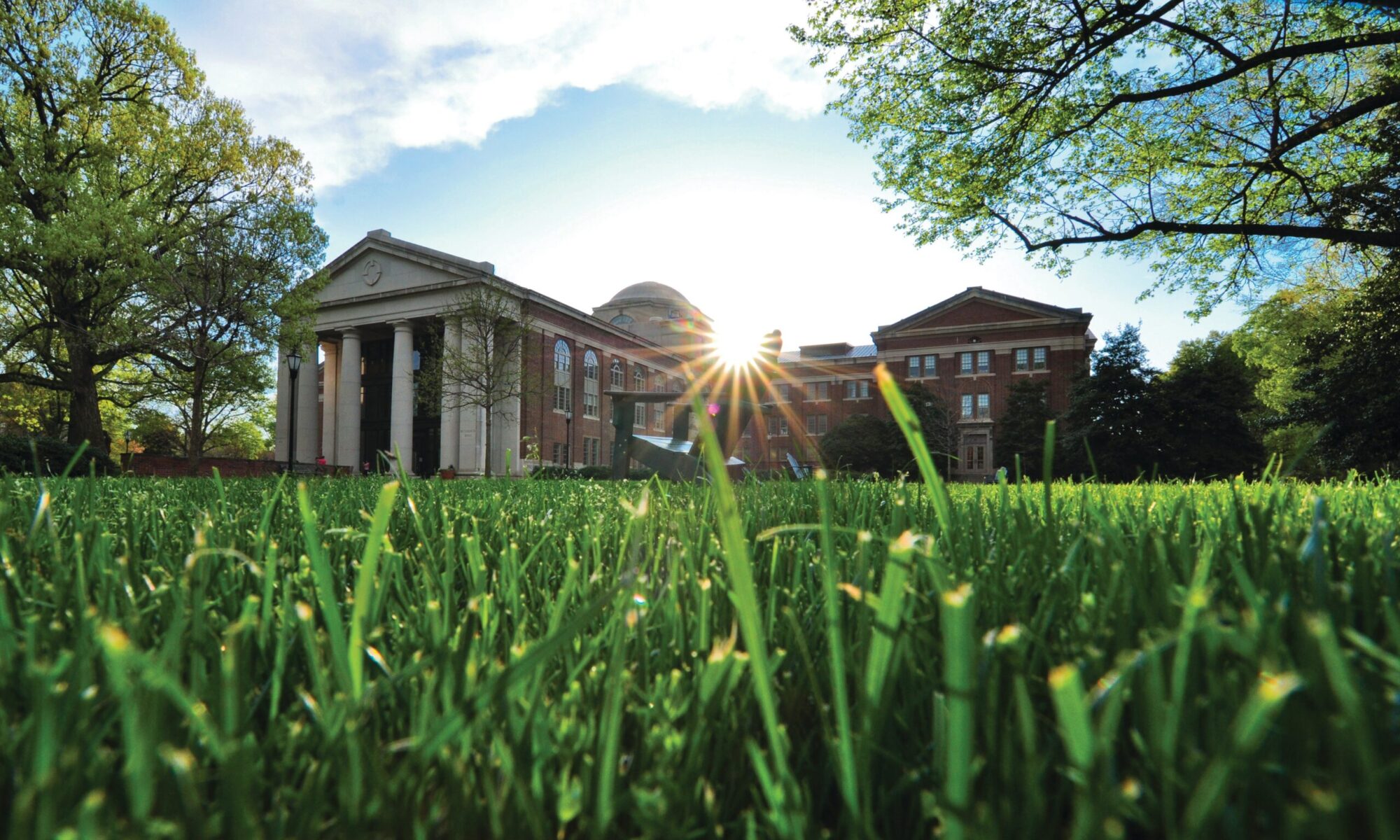This blog was written by Jon White ’19, 2019-2020 Davidson Impact Fellow for Catawba Lands Conservancy.
The outdoors have been a part of my life since childhood. Beginning with summer camps around Durham, at the age of 5 I was introduced to the Piedmont’s creeks and streams and the magical creatures that might live there. At 8 I learned to build a fire, and at 11 I went on my first backpacking trip. When I was stuck at home my senior year of high school without a driver’s license, I would ride my bike to the Duke Forest and search for crayfish and salamanders. This past summer I worked at a camp at the base of the Grand Tetons in Wyoming, and I concluded that the snow capped mountains were impressive and all, but the dank, swampy forest of the Carolina Piedmont is where I belong.
Yet my awakening to the wide array of social problems within the political turmoil of the past four years drew my attention away from environmental issues as I had previously conceived them. I switched my major from environmental studies to anthropology, and found myself with a dozen resumes submitted to legal jobs by the time the fellowship at Catawba Lands Conservancy crossed my path.
Living in a house, paying bills, and friendships with people outside my age demographic have all popped my Davidson bubble in expected ways, but my professional turn toward environmentalism–now in the “real world”, the world of creeks and trees but also a cubicle and fundraising goals–has required the crude reconciling of my romantic high school self and the socially-conscious, intellectual edge I gained at Davidson. From the reforestation of untended family farms to urban stream restoration and greenway construction, land conservation is a cause that cuts across many demographics and different issues in unexpected ways. As program coordinator, it’s my job to take people onto the land we’ve conserved and trails we’ve built. Though the content of the programs is always loosely educational, my primary goal is to foster a feeling of connection between people and places. In doing so, I aim not to dictate people’s relationship to the outdoors–I don’t think I could if I tried–and along the way I may uncover a greater understanding of how others appreciate and enjoy nature and outdoor spaces in diverse ways.
In fact, my cyclical return to environmental causes has further complicated the way I think of the interrelation of social issues, and their urgency. This isn’t even to mention how an individual land conservancy organization ought to find its niche within this grand social ecosystem (that’s something I hope to learn more about-and write more about-later). For now, I will keep my swampy woods and listen as both the cardinals and the winter program calendar calls.


